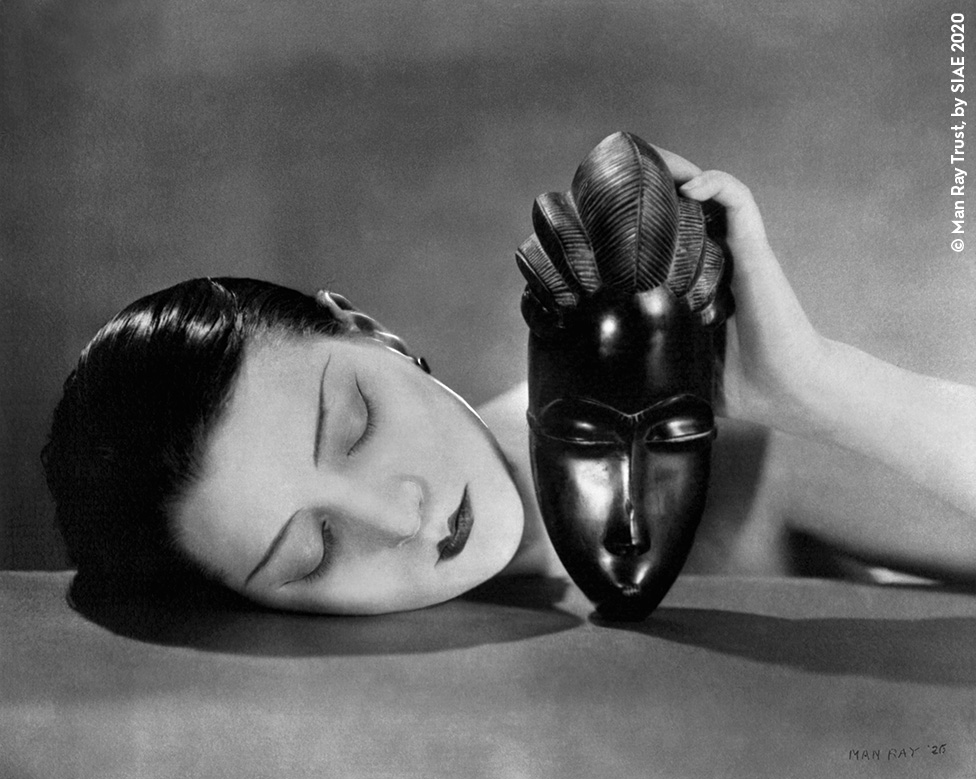Using art-based participatory approaches to research experiences of polygamy with Middle Eastern women in London
DOI:
https://doi.org/10.6092/issn.2035-7141/13876Keywords:
Art-based Methodologies, Participatory Research, Body-mapping Storytelling, Migrant Women, PolygamyAbstract
The paper draws on a recent research collaboration with the London based women’s organization MEWso (Middle Eastern Women society organization). It discusses the importance of storytelling and other creative and participatory approaches, such as the World Café, to co-produce knowledge on polygamy involving a different range of social actors such as third sector organizations, academics and women involved in polygamous familial relationships. The paper focuses specifically on one of the workshops where the researchers used body-map storytelling, which is particularly appropriate for helping participants share their story with the rest of the group. This approach has been called “visceral methods” because it draws on the sensory and affective experiences mobilised to reveal discursive, material and structural aspects of research participants’ stories (Sweet and Ortiz Escalante, 2014). Body maps have also been understood as cognitive maps representing a mixture of spatial cognition, place representations and spatial imagination that can provide information not only about places themselves, but also about people’s identities and behaviours in relation to them (Vacchelli 2018). Body maps, similarly to cognitive maps, have the potential to convey ideas and images of individuals’ economic, political, cultural or social contexts with an emphasis on their emotions and feelings (Mendoza and Morén-Alegret, 2013).
Downloads
Published
How to Cite
Issue
Section
License
Copyright (c) 2021 Elena Vacchelli

This work is licensed under a Creative Commons Attribution-ShareAlike 4.0 International License.





